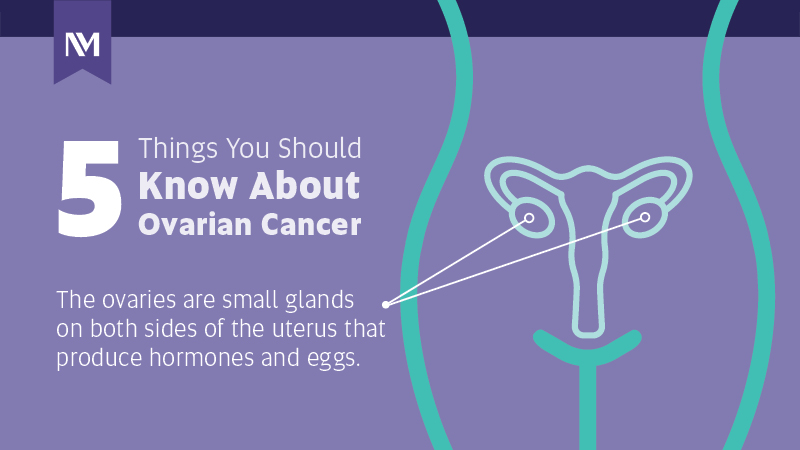Stages
What Are the Stages of Ovarian Cancer?
Staging is the term oncologists use to define where ovarian cancer is located and how much it has spread. Once the stage of ovarian cancer is determined, your physician can recommend a particular course of treatment.
Most cancer teams use the system developed by the American Joint Committee on Cancer, known as the TNM staging system.
T = Tumor: Where is the primary tumor and how large is it?
N = Nodes: Has the tumor spread to nearby lymph nodes?
M = Metastasis: Has cancer spread to other parts of the body?
For each letter, there are five numbered stages, from 0 to 4, depending on how much the cancer has spread. The lower the number, the more the cancer cells look like normal cells and the easier they are to treat and cure. A higher number means it has spread more deeply.
The place where cancer originates is called the primary site. Cancer can spread from the primary site to other parts of the body. It’s important to understand that even if ovarian cancer is found in other parts of your body, it’s still considered ovarian cancer. For instance, if colon cancer has spread to the liver, it’s called metastatic colon cancer, not liver cancer.
Recurrent ovarian cancer: Cancer that has returned after treatment. The original stage that was assigned does not change.
Be sure to meet with a gynecological oncologist for an explanation of your cancer’s stage and how it will impact your treatment.
For more information about the stages of ovarian cancer, please visit our Health Library.




